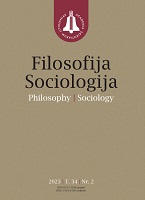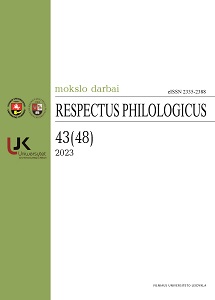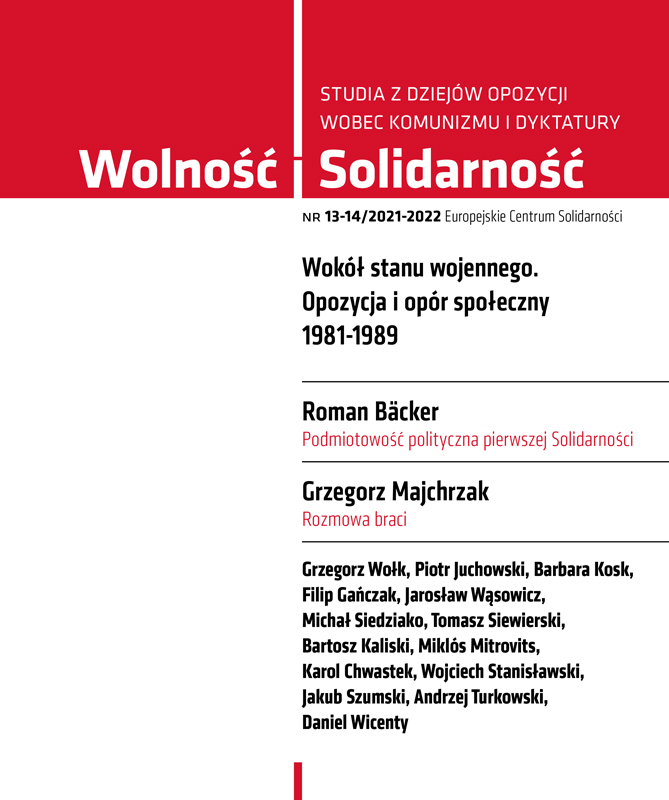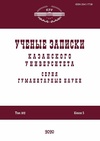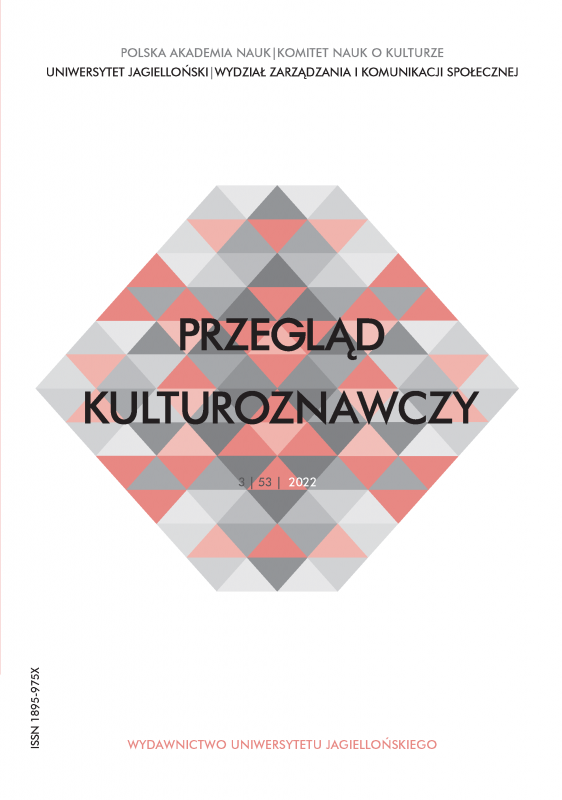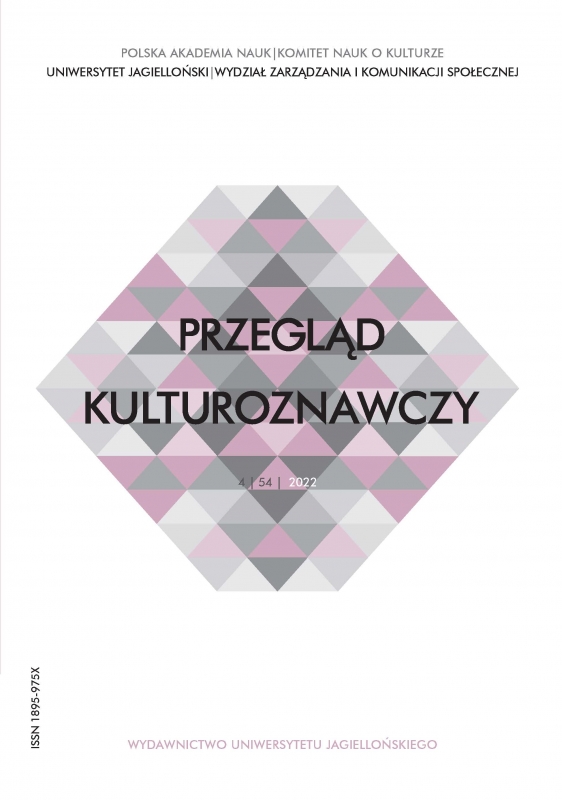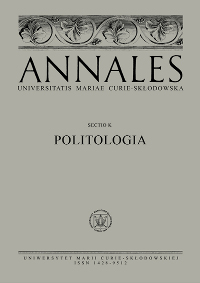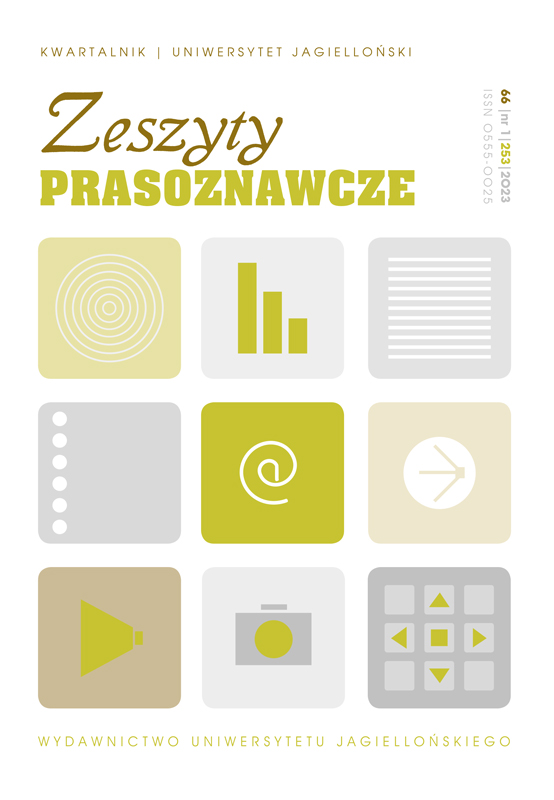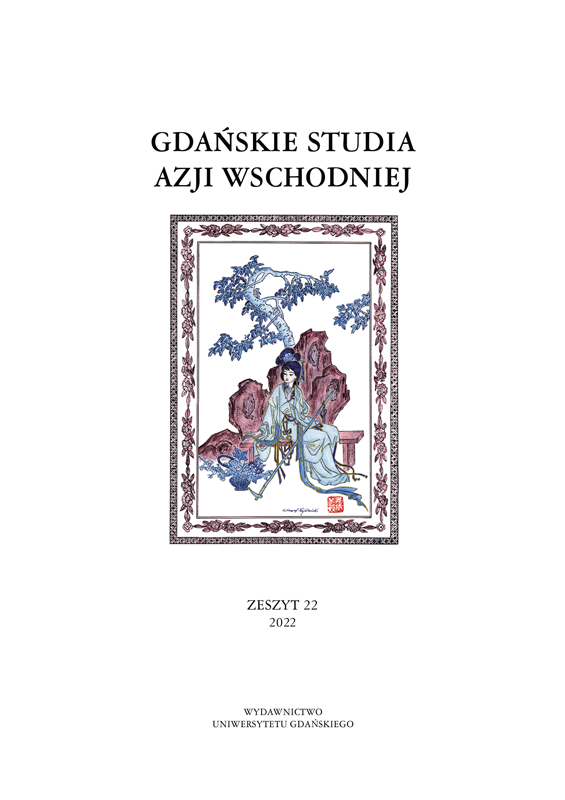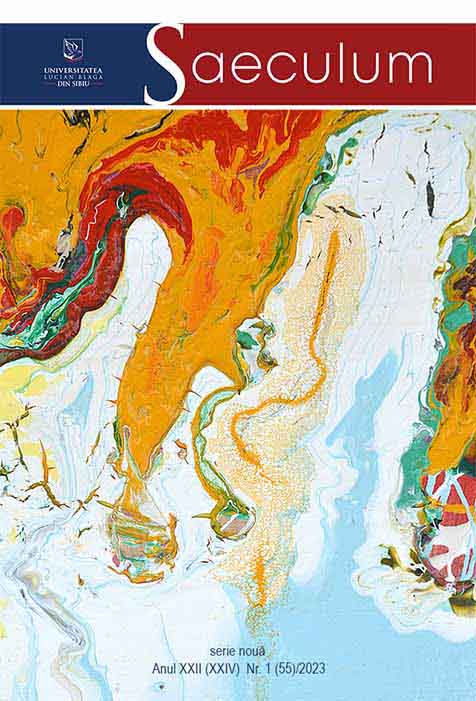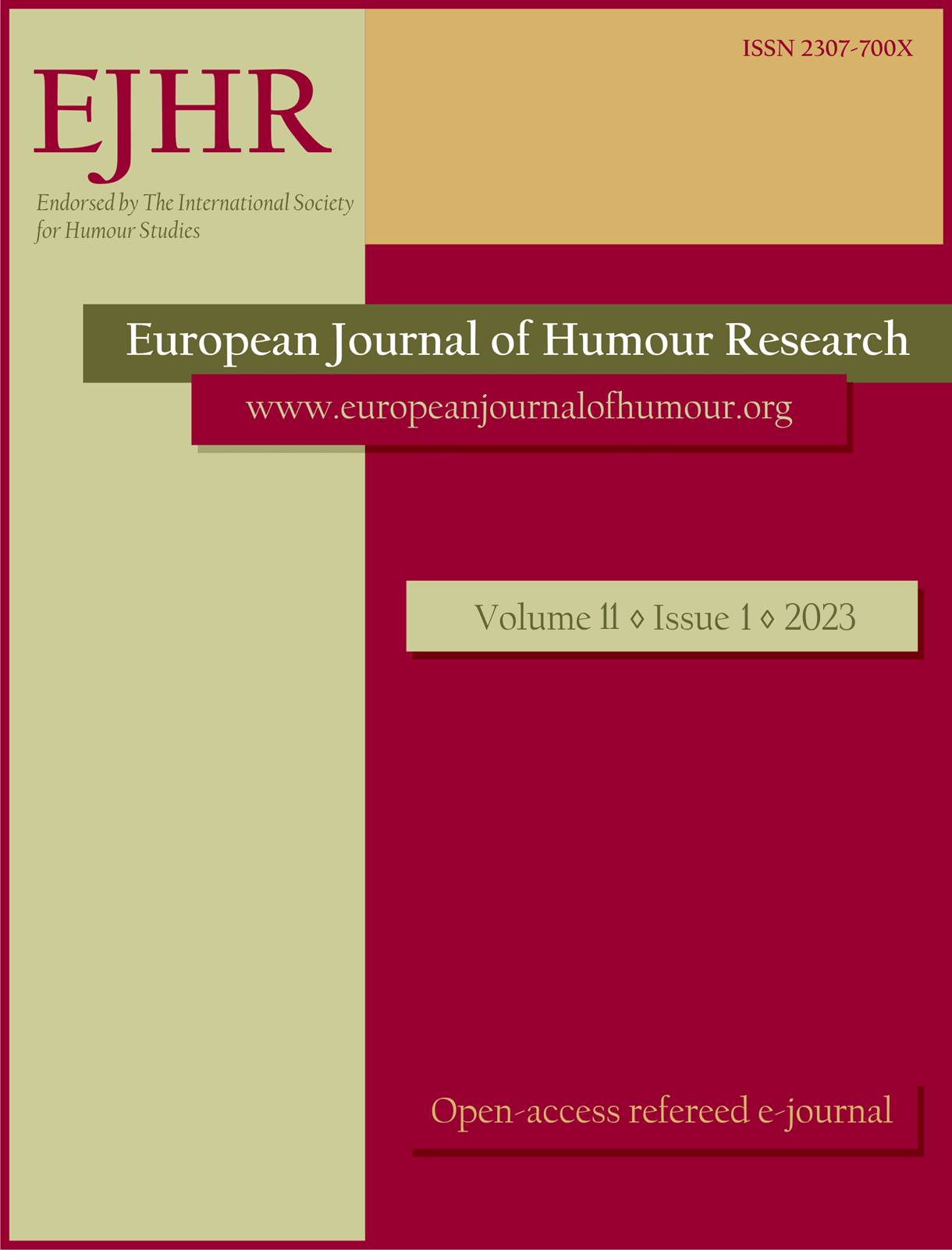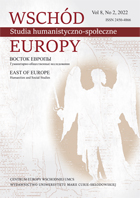Author(s): God’sgift Ogban Uwen / Language(s): English
Issue: 1/2023
This study is a visual semiotic analysis of Coronavirus memetic humour, aimed at ascertaining the implied meanings of selected Covid-19-related Facebook memes that stimulated virtual discourse among Nigerian netizens during the pandemic. The study adopts Visual Semiotics Theory and Encryption Theory of Humour to account for meanings derived from the presuppositional assumptions and shared sociocultural knowledge which serve as the decrypting ‘key’ to meaning. The ‘key’ activates the appropriate disambiguation and interpretation of the significations in the semiotic resources conveyed in the humorous memes. Nineteen Facebook Covid-19-related memes were selected as a representative sample for a descriptive and qualitative analysis. The analysis is coded into 11 discourse domains based on the related semiotic contents of the memes which include: preventive protocol, media reportage, religious beliefs, health sector, sociopolitical domain, socioeconomic domain, security, science, transportation, relationship and lifestyle to account for the differentials in perceptions by Nigerian netizens. Findings show that Nigerians created Coronavirus memetic humour to stimulate laughter in the rather consequential circumstances generated by the pandemic derived from the humorous contents of the image macros. In the Nigerian social context, the Coronavirus memes humorously instantiate the apprehension and helplessness of a people, and thrive to express protest, insecurity, corruption, religiosity, economic hardship and a poor health system. These, altogether, combine as a myriad of the challenges faced by the people who consolably devised coping strategies to trivialise the pandemic, while yearning for an inclusive government that prioritises the welfare of its citizens.
More...
